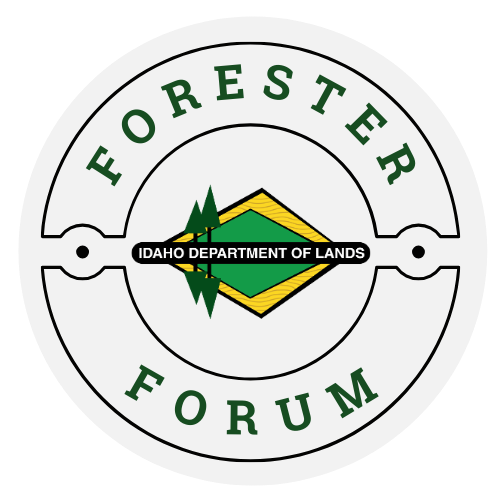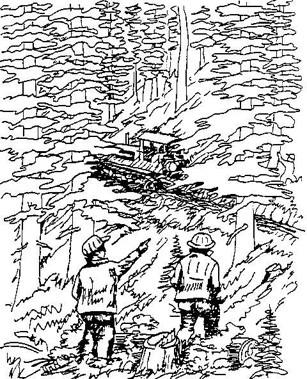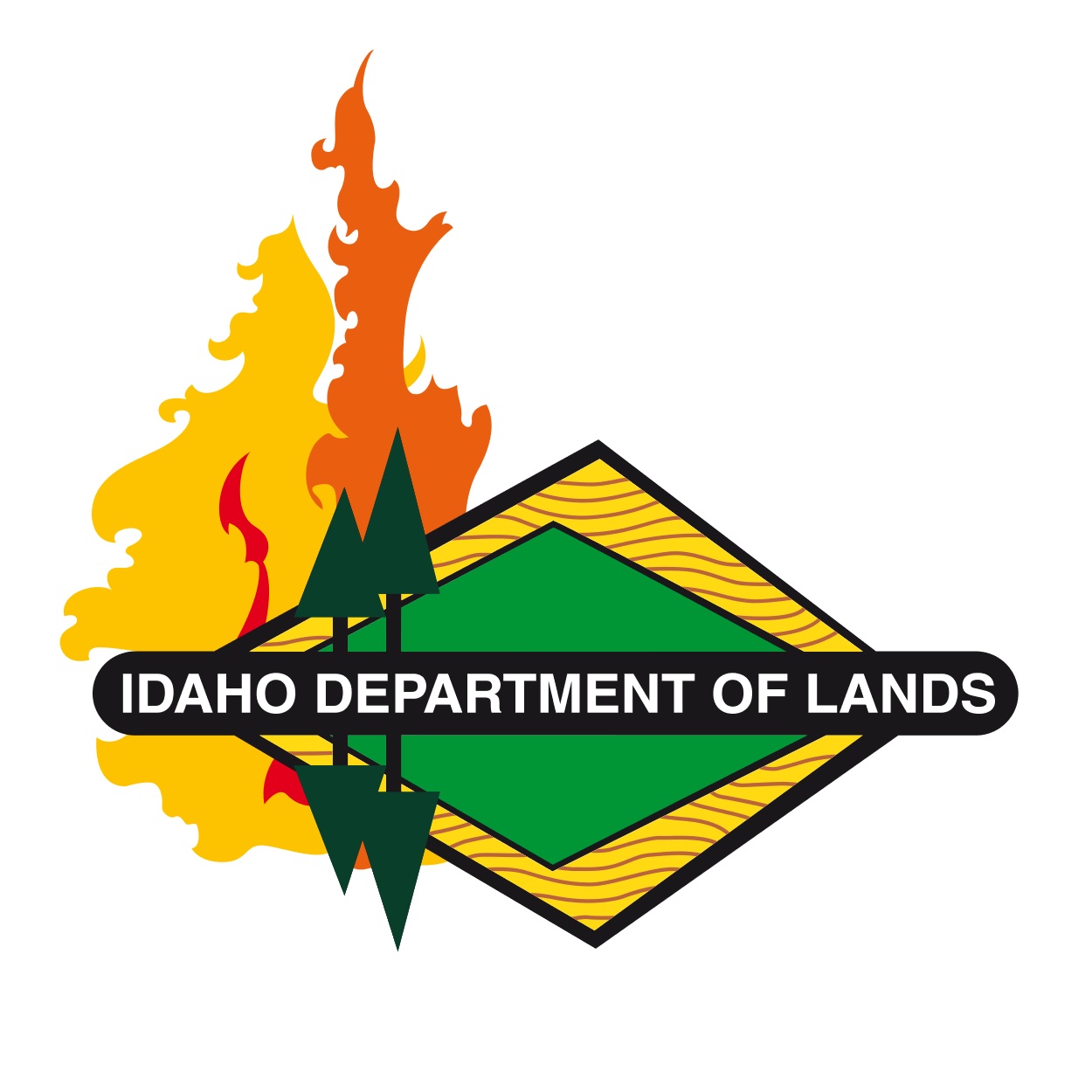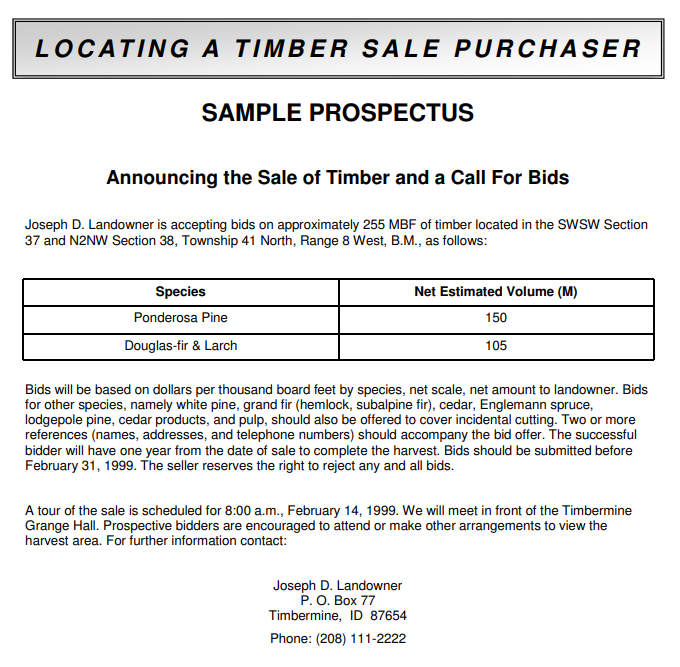Category: Forest Management
Forest Management 6: Consulting Foresters

Consulting Foresters
In this edition of the Forester Forum
Overview
You can see professionals in every line of work. Forestry is no exception.
A consulting forester knows the technical aspects of forestry, including the inner workings of the marketplace for wood products. They are experienced and skilled and are recognized as experts in their field. Professional consulting foresters blend the art and science of managing forest ecosystems. Their business is providing forestry expertise to your needs.
What is a Consulting Forester?
Educated: Generally, consulting foresters are well educated, hold a bachelor of science degree or higher in forestry or some closely related field. They are versed in silviculture, botany, soils, economics, forest engineering, hydrology, ecology, forest insects and diseases, marketing and other disciplines.
Experienced: Consultants have usually gained diverse experience in your area. They are knowledgeable about local markets, tree species, geology, contractors, laws, and practices.
Competent and Professional: Years of education and experience make consultants good people to approach with your forestry needs. Like any professional, their goal is to serve you.
What Can a Consulting Forester Do?
Consultants are knowledgeable about their special aspects of forestry. Typical services include: developing management plans, conducting timber inventories, appraising land, planning harvests, marking trees, writing contracts, marketing wood products, and administering forest management projects such as logging, thinning, or planting.
Utilizing a consultant often has hidden advantages for the landowner. Greater revenues are realized; better forestry is applied; fewer or no headaches are encountered; and a forest with a future is left standing for the landowner to use and enjoy. In addition to timber management goals, consulting foresters can also help you realize goals for wildlife, clean water and aesthetics.
If you are a woodlot owner, consulting foresters benefit you.
What to Look for in a Consultant
Ethics: True consultants regard ethics as the foundation of their business. They are quick to point out the following standards. Look for these attributes when hiring a consultant:
- Their services are available to the general public.
- They represent their client, solely.
- They harbor no undisclosed interests that would conflict with the interests of their clients.
- They comply with all local, state, and federal laws and requirements.
References: Consultants are proud to offer references. They will emphasize work they have accomplished in the past and share their track record on forest practice compliance with IDL. Also, check for educational credentials and ties to professional forestry associations, such as the Association of Consulting Foresters (ACF) and the Society of American Foresters (SAF).
Management Alternatives: Hire a forester who can offer several management alternatives. These ideas should revolve around your land management objectives.
Accounting: Look for someone with an accounting procedure that does a good job of documenting revenues and expenses.
How Are Consultants Paid?
Payments for services rendered can vary greatly, depending on the job being done. Usually, the first consultation is free. This gives the landowner and forester a chance to get acquainted. If a timber harvest is conducted, the consultant’s fee may be charged as a percentage of the sale revenue. Sometimes, the consultant is paid a set price per unit volume harvested (i.e., X amount of dollars per thousand board feet). Flat rate payments for services are also common, especially when no timber is harvested.
It is important to check with several consultants. Shop around for the services and value that will best meet your needs. Many consultants will tailor their programs to fit you and your management goals. Remember, the consulting forester works for you! Meeting your needs should be his top priority.
Finding a Consultant
Consultants often advertise in trade journals or the yellow pages of your telephone directory. Idaho Department of Lands Private Forestry Specialists can also make referrals. Contact your local IDL office for further information about forestry consultants.
Questions? Find an IDL Private Forestry Specialist
Help is Only a Click Away
Forest Management 5: Administering a Timber Harvest

Administering a Timber Harvest
In this edition of the Forester Forum
Overview
In technical terms, timber sale administration is the supervision of harvest activities to achieve silvicultural and economic objectives through sound logging practices and proper log utilization. In plain English, sale administration is telling a logger what you want before it’s too late.
Communication and cooperation between a landowner and the logger is crucial. Very often, operators receive no feedback from landowners until a problem arises or the harvest is completed. But loggers need constructive input and criticism all during a harvest so they can adjust to the landowner’s desires.
Here are some items to monitor while a harvest is in progress.

Falling Operations
Make sure only designated timber is being harvested. Trees marked reserve or protected by a diameter limit should be found standing and in good condition when
the dust clears. If overcutting is evident, let operators know immediately so they can adjust. Once in a while, it is impossible to avoid cutting or damaging a reserve tree. Be tolerant of an occasional glitch.
Also, determine if enough is being cut. Over the course of a harvest, thousands of board feet can be left in the woods in the form of small merchantable trees or unreasonably high stumps.
Skidding Operations
Although the right trees are cut, they may not leave the woods. Occasionally a small merchantable tree, log, or chunk is missed or purposely forgotten. Mark any missed piece with flagging or paint. Let operators know they are expected to retrieve missed logs.
Loading Operations
Falling, skidding, and decking a tree does not insure it will get to the mill. Check landing debris and slash piles for merchantable logs and pieces. Mark them for retrieval.
Log Quality
Any merchantability and utilization standards outlined in the contract should be consistently met. Examine manufactured logs at the landings. Determine if they are being cut to the required top diameter. Also check the necessity of long butting. Logs do not usually have to be totally free of rot to be merchantable. Contract standards should be met.
Forest Practices Requirements
Anyone conducting a timber harvest needs to be familiar with the rules and regulations of the Idaho Forest Practices Act (FPA). Copies can be obtained from your local IDL Private Forestry Specialist (PFS).Most of the rules protect water quality and land productivity.
Normally, random inspections are conducted by IDL, but a Private Forestry Specialist will also visit upon request. The Private Forestry Specialist can answer questions, provide assistance, or conduct a joint inspection. Forest Practice Act rules should be incorporated into the sale contract and enforced.
Slash Disposal
Slash piles need to be relatively free of dirt and in a burnable condition. Have piles located a safe and required distance from green trees, streams, or ponds. If the adequacy of slash disposal is in question, contact your local fire warden or Private Forestry Specialist for an inspection or advice.
Development and Other Items
The quality, progress, and completion of development work such as culvert installation, road construction, surfacing, etc. should be checked against the technical specifications of the contract. Also, monitor the protection of fences, gates, ponds, roads, and other land improvements. Make sure garbage, filters, cans, etc. are cleaned up and properly disposed.
What About Conflicts?
A conflict can arise even with open communications and active administration. Questions and concerns should be taken to the sale purchaser or whoever is responsible for
operations. It’s advisable to resolve any conflict as soon as possible. If an impasse is met, the contract should include provisions to halt operations and arbitrate disputes. Such action can put a damper on cooperation and should only be used as a last resort.
No harvest can be firmly administered without a well written contract. That document serves as the authority on practices, responsibilities, and procedures. A contract enhances sale administration but does not complete it. Administration is looking after a harvest while maintaining open and active communication and cooperation. Administer your harvest to achieve your goals.
Questions? Find an IDL Private Forestry Specialist
Help is Only a Click Away
Forest Management 4: Locating a Timber Sale Purchaser

Locating a Timber Sale Purchaser
In this edition of the Forester Forum
Overview
Experienced landowners know that a successful timber harvest requires planning. After management objectives, silvicultural prescriptions, and contractual requirements are formulated, a purchaser must be found. Usually, timber sale purchasers are responsible for logging operations. They can make you satisfied or disappointed in the results.
There are plenty of competent purchasers in the market. Consulting foresters, logging contractors, log brokers, and saw mills all vie for stumpage. Names and addresses of local timber buyers can be obtained from your local IDL office, extension agent, or telephone directory. Once potential purchasers are known, the following procedures may be helpful in selecting a purchaser.
Write a Prospectus
A prospectus is a notice of request for bids with a brief description of the planned harvest. It usually lists the species, volumes, and products being sold, a legal description of the harvest area, a tentative sale date, the seller’s name and address, and any other pertinent information. Explain the exact form and details wanted for the bid price.
Harvest Area Tours
Interested purchasers need an opportunity to examine the timber, understand the harvest objectives, review the sale contract, and estimate their logging costs. This can be accomplished with a tour of the harvest area. Arrange group or individual meetings, which ever is more convenient.
The most important aspect of the tour is communication. Purchasers need to understand the seller’s goals, requirements, and desires so they can offer competitive bids. Likewise, sellers have an opportunity to glean information about logging and log markets. Comments or criticisms from seasoned woodsmen may be useful in revising the harvest plan.
Call for Bids
Customarily, bids are accepted two to four weeks after the prospectus is sent out. Depending on how the timber is being sold, bids are based on the price per unit volume (i.e. thousand board feet , cords, etc.), the price of the entire sale, or the costs of logging per unit volume. Loggers charge no fee for the “estimates” since they are trying to land a job. Always reserve the right to reject any or all bids.
Get References
Since the bidder of the highest amount to the landowner may not always be the best choice, have interested parties submit references with their bids. Investigate any likely candidate before awarding the contract. Choose contractors based on their track record as well as their price.
Once a purchaser is selected and the contracts are signed, maintain communication. The purchaser deserves seller input and constructive criticism so adjustments can be made. Responsible contractors want to do a good job. Administer your harvest with this attitude in mind.



